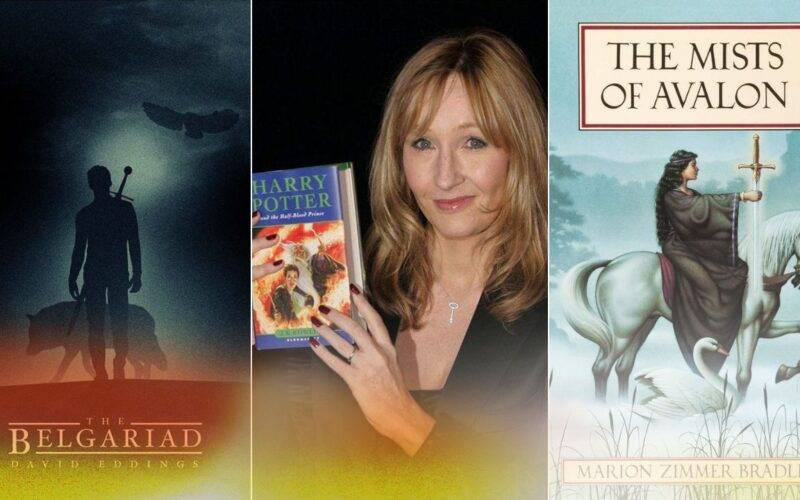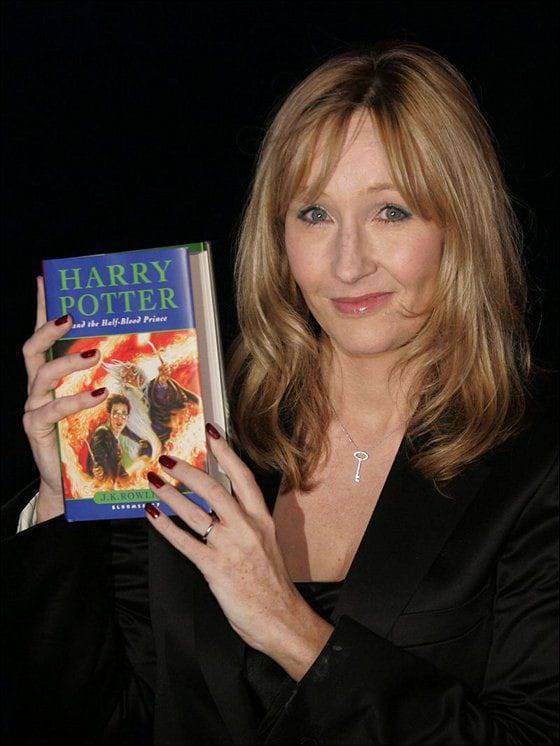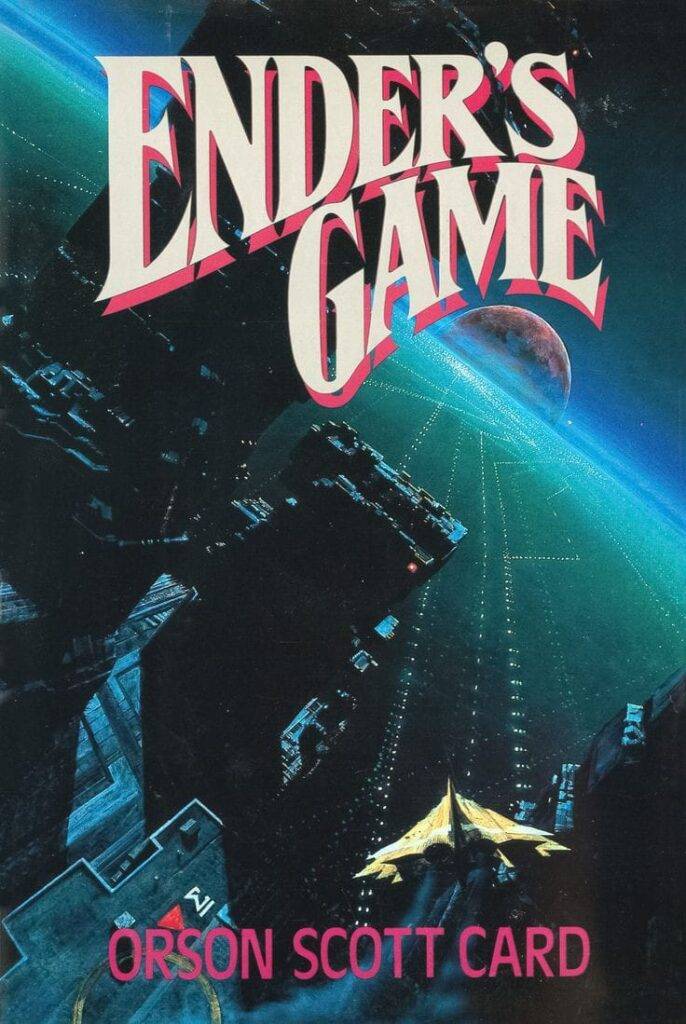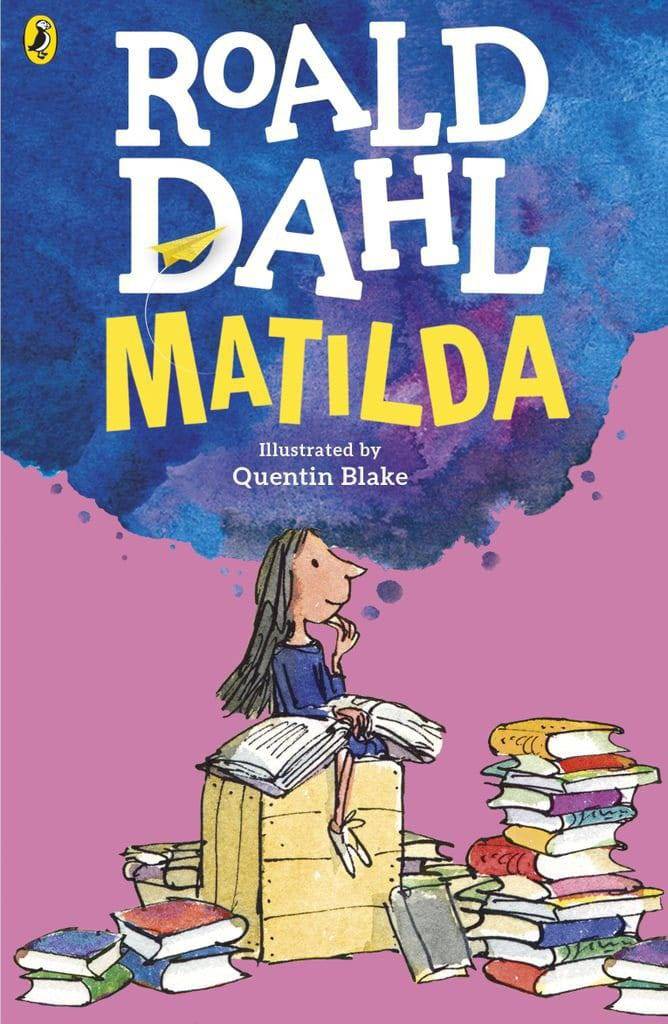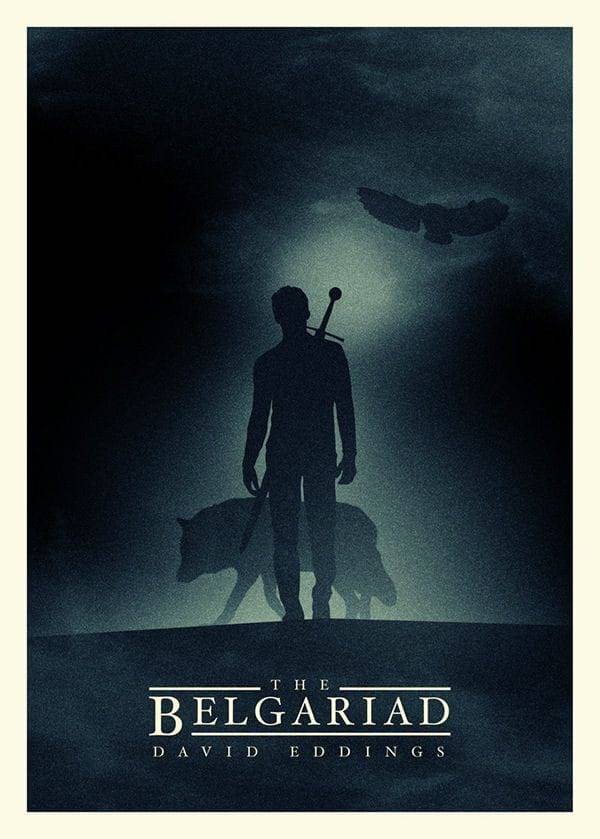Let’s say, You’re halfway through a novel, completely gone, when suddenly you come across a headline announcing that the author has been caught in a major controversy. You pause, book in hand, and think: “Can I still enjoy this book knowing what I know now?” It’s a modern dilemma, isn’t it? Literature and controversy seem to walk hand in hand these days, and with every new revelation, we’re asked to re-evaluate how we engage with art.
Now, if you’re someone who likes to dip in a little Stoicism—a philosophy centered around self-improvement, emotional control, and clear-headed thinking—you might already have a simple answer: Focus on what’s in your control, and don’t stress about the rest. But hey, it’s not always that easy when it comes to separating the art from the artist.
First off, let’s talk about detachment, a base of Stoic thought. The idea is that we shouldn’t let external events—things beyond our control—disrupt our inner peace. Aurelius would likely tell you to take a deep breath, reflect on what really matters, and move on. After all, we’re here to better ourselves, not to get drowned down in the actions or opinions of others.
So, if you find yourself enjoying a book written by an author with less-than-savory views, a Stoic might ask, “Does this book help you grow as a person? Does it bring you joy or inspire you to think differently?” If the answer is yes, then why let external factors (like the author’s controversies) ruin your experience? The art stands on its own, detached from the artist once it’s out in the world.
Let’s say you’re moved to tears by a beautifully written novel, only to find out later that the author holds racist, sexist, or other harmful beliefs. From a Stoic standpoint, the value you derived from the book remains intact. You’ve already benefited from it, so the artist’s personal flaws shouldn’t take away from that. Appreciate the art for what it is, and let go of any unnecessary emotional attachment to the artist.
No conversation about separating art from the artist would be complete without bringing up H.P. Lovecraft, the godfather of cosmic horror—and a man with some deeply troubling views. Lovecraft’s racism isn’t just a footnote in his biography; it’s often evident in his work. Does that mean we should stop reading his stories about unspeakable ancient gods and the fragility of human sanity?
The Stoic approach might be to acknowledge Lovecraft’s problematic views, understand how they influenced his writing, and still engage with his work if you find it compelling. You can recognize the dark undercurrent in his stories and be aware of its origins without letting it spoil your overall enjoyment. His views don’t need to define how you feel about his art—unless, of course, they make you uncomfortable, in which case, you’re also free to walk away. It’s your call.
Recognize that no artist is perfect, just as no human is. If the work still resonates with you, you can choose to engage with it from a place of understanding rather than blind acceptance. And if the creator’s values clash too much with your own, it’s okay to disengage. That’s Stoicism at work: knowing what affects you, and choosing how you respond.
Ah, also, Hogwarts Legacy, the game that reignited the debate for many fans of the Harry Potter universe. When J.K. Rowling’s opinions on gender identity surfaced, many people found themselves at odds with their love for the Wizarding World. Hogwarts was supposed to be a place of acceptance, magic, and adventure, but now fans are left wondering: Can I still support this universe if I don’t agree with the creator’s views?
For one, the answer might depend on the personal growth or joy that the series brought you. If reading Harry Potter as a kid gave you a sense of belonging, encouraged your imagination, or helped you through tough times, those experiences are valuable and real. The fact that Rowling has problematic views doesn’t undo the positive impact her books had on your life.
However, the others would also remind you to stay true to your values. If continuing to support the franchise feels like a compromise of your integrity, then maybe it’s time to leave Hogwarts behind. But don’t do it out of outrage or guilt; do it as a conscious decision to align with your principles. Our responses to situations are within our control, and if you choose to step away, it should be done thoughtfully—not in a fit of moral panic.
Let’s shift gears a bit and talk about problematic characters in literature. One argument that often surfaces is that just because a character exhibits racist, sexist, or homophobic behavior, it doesn’t mean the author is endorsing those views. Sometimes, these characters are meant to serve as cautionary tales or to expose societal flaws.
In this case, it’s essential to understand the role of the character in the story. Not every problematic character is an author self-insert. In fact, many authors use flawed characters to challenge the reader, to push us to think critically about the world and the people in it. If an author portrays a bigoted character, it doesn’t necessarily mean they’re promoting bigotry; they might be holding up a mirror to our society.
For example, Orson Scott Card’s Ender’s Game is a beloved sci-fi novel that deals with themes of morality, war, and empathy. But Card himself has been vocal about his anti-LGBTQ views, which has caused many readers to question their support of his work. Should we throw Ender’s Game into the discard pile because of Card’s personal beliefs? Someone might say, separate the message from the messenger. If the book itself promotes positive ideas and challenges you to think in new ways, appreciate it for what it is. But if Card’s views overshadow the story for you, then it’s perfectly valid to move on.
Even authors who’ve long since passed away aren’t immune to controversy. Roald Dahl, the beloved author of children’s classics like Charlie and the Chocolate Factory and Matilda, has been a subject of scrutiny due to his anti-Semitic views, which he expressed during his lifetime. More recently, some of his books were altered by publishers to remove potentially offensive language, sparking a heated debate about censorship and authorial intent.
The changes were made to make the books more digestible to modern audiences, but many fans and literary critics argued that such revisions stripped the work of its historical and creative context. Should we be editing Dahl’s work to suit modern sensibilities, or should we be able to enjoy it as a product of its time?
From a Stoic standpoint, we might focus on the value the original stories brought to us. If Matilda inspired a love for reading or if The BFG opened up a world of imagination, those experiences remain valuable.
Here’s a fun idea: What if you didn’t know anything about the author? Many of us have read and enjoyed books without the faintest clue about the author’s personal beliefs. Maybe you loved reading The Mists of Avalon, completely unaware of the controversy surrounding its author. Perhaps you were enchanted by The Belgariad without knowing anything about the politics of its creator.
Ignorance is bliss, right? For many readers, revelations about an author’s controversial views only come after they’ve already formed a deep connection to the work. A Stoic might shrug and say, “Well, that’s in the past now. You enjoyed it. Move on.” The idea here is that once you’ve already derived value from a piece of art, nothing can take that away from you.
If you learn later that the artist behind your favorite novel holds opinions that you disagree with, does it retroactively poison your enjoyment? The answer is no—your joy and growth from the art are independent of what the artist said or did. It’s a bit like watching a movie and later finding out that the director is a terrible person. If the movie moved you, that experience belongs to you.
So, should readers separate the art from the artist? The answer isn’t black and white. It’s about maintaining emotional balance, making thoughtful choices, and focusing on personal growth. If a piece of literature brings you joy, insight, or inspiration, you don’t have to let the artist’s controversies diminish that. But if supporting an artist whose views you strongly oppose feels wrong to you, walking away is also a valid, fair choice.
Ultimately, the art we consume is part of our journey toward self-betterment. Whether we separate the art from the artist or not, we are in control of how we respond.

